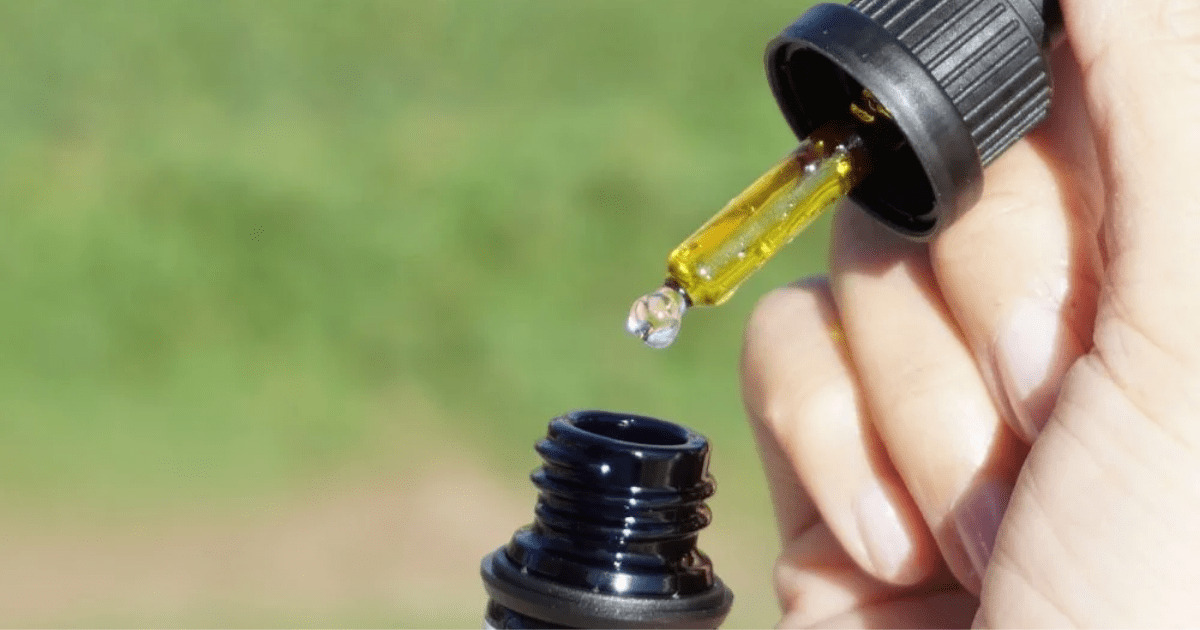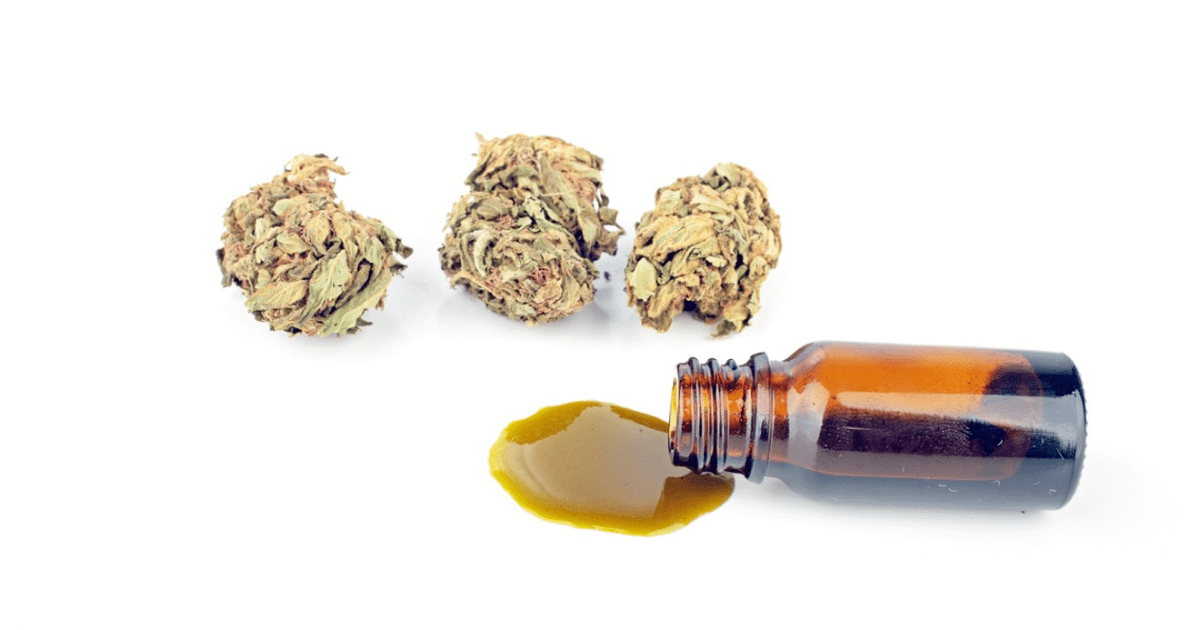Cannabis has been used for centuries for its medicinal properties. CBD is one of the compounds found in cannabis that has been shown to be effective in treating a variety of medical conditions, including pain, anxiety, and seizure disorders.
So, what exactly is Delta-8?
Delta-8 THC is a cannabis compound that is similar to CBD, but it offers different benefits and effects. Delta 8 CBD is less psychoactive than THC, which means it doesn’t produce the same “high” feeling that is associated with marijuana.
Delta-8 THC has been shown to be effective in treating a variety of medical conditions, including pain, anxiety, and seizure disorders.
If you’re considering using CBD to treat a medical condition, you may want to ask your doctor about Delta-8 THC as well.
In this article, we look forward to giving you a better introduction to Delta-8 so that you can learn more about this compound and the way in which it works.
CBD vs Delta 8: What is Delta 8 CBD?

Delta-8 THC is a rare cannabinoid found in the cannabis Sativa plant that is less psychoactive and more stable than Delta-9 THC.
While Delta-9 THC is the most commonly found cannabinoid in cannabis plants, Delta-8 THC might have the potential to provide various benefits such as pain relief, anti-inflammatory effects, and reduced anxiety.
Because it has fewer psychoactive effects, Delta-8 THC is a preferred choice for those who want the benefits of cannabis without getting as high as you would on regular THC.
However, it is important to remember that Delta-8THC does still have psychoactive and intoxicating effects as well as a higher risk of adverse reactions when compared to other compounds
So, what’s the difference between CBD and Delta 8 CBD?
CBD, on the other hand, is a non-psychoactive compound that has been shown to provide relief for anxiety, pain, and seizures. CBD is also known to be anti-inflammatory and can help with a variety of medical conditions.
While they are both hemp-derived CBD products, you are more likely to find Delta-8 THC in the cannabis plant because there is more of the compound available.
Therefore, CBD can be described as hemp-derived products, whereas Delta-8 THC items would be considered cannabis products.
What are the Benefits of Delta-8?
There are a number of suspected benefits associated with Delta-8 THC, including:
- Pain relief
- Anxiety reduction
- Anti-inflammatory effects
- Appetite stimulation
- Nausea reduction
It should be noted that these potential benefits are based on research on Delta-9 THC – the most commonly found compound.
This is because there is very little research that exclusively looks at Delta-8. Therefore, we cannot yet build a clear picture of what it is definitely able to help with.
If you’re looking for an alternative to CBD, Delta-8 THC may be a good option for you. Before considering using Delta-8 THC, be sure to talk to your doctor first to make sure it’s right for you.
What are the Benefits of CBD?
There have been some extensive studies on CBD and the health benefits that it could provide people with. While research is ongoing, CBD has been working effectively for people for some time.
Some of the potential benefits of CBD gummies and products include:
- Anxiety relief
- Pain relief
- Seizure reduction
- Anti-inflammatory effects
- Nausea reduction
What are the Side Effects of Delta-8?
Since Delta-8 is so similar to Delta-9 THC, you will experience some of the same side effects.
Research shows that these adverse effects can include:
- red eyes
- dry mouth
- rapid heart rate
- trouble with coordination
- slowed reaction times
- anxiety
- memory loss
However, since Delta-9 is a synthetic compound, you run the risk of potentially not knowing everything that’s inside it. Additionally, research has shown that it can sometimes contain the Delta-10 compound, which we know very little about.
What are the Side Effects of CBD?
CBD is a natural compound that has been shown to be safe for human consumption. CBD is non-psychoactive, so it will not get you high. CBD has also been shown to be well-tolerated by most people.
Side effects of CBD are rare, but research shows they can include:
- Dry mouth
- Diarrhea
- Reduced appetite
- Drowsiness
- Interactions with other medications
If you’re considering using CBD, like products from KeoniCBD.com, be sure to talk to your doctor first to ensure it’s right for you. Drug interactions can be very serious, so you should always check that you are safe to take it with any prescription medications you are on.
Can You Get High from Delta 8?
Yes, you can get high from Delta-8. It is psychoactive and produces THC, just like the more commonly known Delta-9 THC strand. However, the high that you experience is likely to be a little milder when you take Delta-8.
You might still experience things like the munchies and feelings of euphoria; it’s just not going to be intense. Since Delta-8 tends to be synthetic, you should be careful taking it for the first time and ensure you get it from a reputable company since you can’t be 100% sure of the contents.
Is Delta-8 Legal?
The legality of Delta-8 is somewhat complicated.
Since it’s so similar to Delta-9 THC, the legal status of Delta-8 depends on the legal status of Delta-9 in your state. Additionally, Delta-9, like CBD, is not regulated or approved by the FDA.
In some states, Delta-9 is completely legal, while in others, it is only legal for medical use.
Additionally, Delta-8 faces some other complications. There is a loophole that you can use in that any CBD, like UNO CBD oil, derived from hemp can contain THC as long as there is less than 0.3% of it present.
However, Delta-8 THC doesn’t naturally occur in large quantities in hemp plants. This means that it is usually synthetically created by turning Delta-9 THC from CBD into Delta-8 THC. This process is illegal, which makes it really tricky to determine the legality of Delta-8.
So, if you’re considering taking Delta-8, be sure to check the laws in your state first, as well as the federal law.
Is Delta-8 Safe?
It should be noted that both the CDC and the FDA have reported increased calls to poison control centers regarding the consumption of Delta-8.
This is because it is a synthetic product, and the other ingredients added to the mix have the potential to be dangerous if they are purchased from the wrong sources.
These calls have led to the need for medical attention and, in some cases, hospitalization.
Therefore, there are some safety concerns regarding Delta-8 THC, and the adverse events that have been recorded are both concerning and call for more scientific research on the potent effects of the compound.
To Conclude
Delta-8 is a cannabinoid that is similar to CBD but with different benefits and effects. Delta-8 CBD is less psychoactive than THC, which means that while you will get high from taking it, the effects are likely to be less severe than taking THC.
Delta-8 CBD has been shown to be effective in treating a variety of medical conditions, including pain, anxiety, and seizure disorders.
While it hasn’t been as thoroughly researched as CBD, there is promise for the future as studies continue to increase.
Learn more about CBD and similar topics at Get Kush. Find a broad range of products like cannabis, edibles, concentrates, and more!
Sources:
FDA. (2022, April 5). 5 Things to Know about Delta-8 Tetrahydrocannabinol – Delta-8 THC. Available at: https://www.fda.gov/consumers/consumer-updates/5-things-know-about-delta-8-tetrahydrocannabinol-delta-8-thc
Holland, K. (2020, July 20). CBD vs. THC: What’s the Difference? Healthline. Available at: https://www.healthline.com/health/cbd-vs-thc
Iffland K, Grotenhermen F. An Update on Safety and Side Effects of Cannabidiol: A Review of Clinical Data and Relevant Animal Studies. Cannabis Cannabinoid Res. 2017 Jun 1;2(1):139-154. doi: 10.1089/can.2016.0034. PMID: 28861514; PMCID: PMC5569602. https://www.ncbi.nlm.nih.gov/pmc/articles/PMC5569602/
Keoni CBD. (2023, May 2). Buy Keoni CBD Products Online. Available at: https://www.keonicbd.com/
FDA. (2023, February 22). FDA Regulation of Cannabis and Cannabis-Derived Products, Including Cannabidiol (CBD). https://www.fda.gov/news-events/public-health-focus/fda-regulation-cannabis-and-cannabis-derived-products-including-cannabidiol-cbd
Moltke J, Hindocha C. Reasons for cannabidiol use: a cross-sectional study of CBD users, focusing on self-perceived stress, anxiety, and sleep problems. J Cannabis Res. 2021 Feb 18;3(1):5. doi: 10.1186/s42238-021-00061-5. PMID: 33602344; PMCID: PMC7893882. https://www.ncbi.nlm.nih.gov/pmc/articles/PMC7893882/
UNO CBD. (2023, May 2). Buy UNO CBD Products Online. Available at: https://unocbd.com/
National Academies of Sciences, Engineering, and Medicine; Health and Medicine Division; Board on Population Health and Public Health Practice; Committee on the Health Effects of Marijuana: An Evidence Review and Research Agenda. The Health Effects of Cannabis and Cannabinoids: The Current State of Evidence and Recommendations for Research. Washington (DC): National Academies Press (US); 2017 Jan 12. 4, Therapeutic Effects of Cannabis and Cannabinoids. Available from: https://www.ncbi.nlm.nih.gov/books/NBK425767/



